Terra Natura Benidorm welcomes the second birth of an Indian rhinoceros in Spain
hace 6 yearsIn Terra Natura Benidorm we have announced today the breeding of Indian rhinoceros (Rhinoceros unicornis) born in our facilities earlier this month. This is the second birth of the species we host in this conservation space after 2012. The Indian rhinoceros is in danger of extinction according to the Red List of the International Union for the Conservation of Nature (IUCN).
This birth is another step in the conservation of the Indian rhinoceros and also allows to strengthen the awareness work developed from this nature centre so that the population knows the threats that currently affect the survival of this animal. Visitors can meet the baby Rhino this Sunday, September 22nd, coinciding with the celebration of World Rhinoceros Day.
Terra Natura Benidorm is consolidated as a reference centre for the conservation and reproduction of the Indian rhinoceros. The park is part of the European endangered species (EEP) programme of the Indian rhinoceros and already has a group of one male, called Nico and two females. The previous breeding born in 2012 was transferred to the Irish zoo in 2015, within the framework of this threatened species reproduction programme.
The birth of this second Rhino happened on September 2nd at 2:30 p.m. in the inside facilitie where the mother, named Shiwa, completed a 16-month gestation. At birth, the baby weighed 46 kilos and veterinarians found out she was a female. Veterinarians made a first exploration to confirm that she was in perfect condition.
The evolution has been totally positive since birth, breastfeeding every hour of the mother as usual in the species, so it is planned she will start to go to the meadow with her mother next Sunday. The little Rhino, which does not have a name, is very active and curious with the surrounding environment; the mother looks after the baby and when she senses that she needs breastfeeding she is placed to favour her feeding.
One of the main threats of these animals is poaching and the loss of their habitat. Today there is the mistaken belief that their horns produce aphrodisiac or medicinal effects, which motivates poaching.

